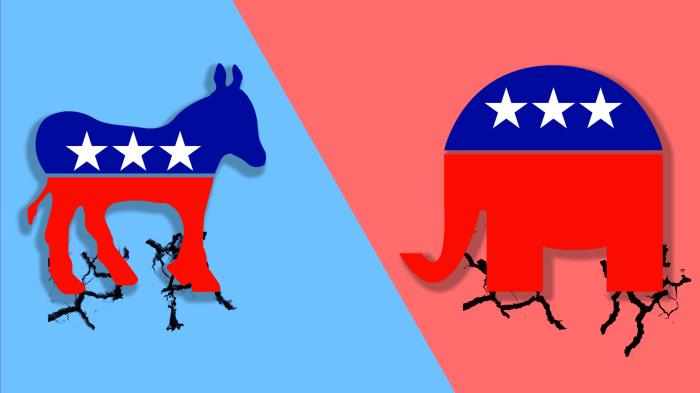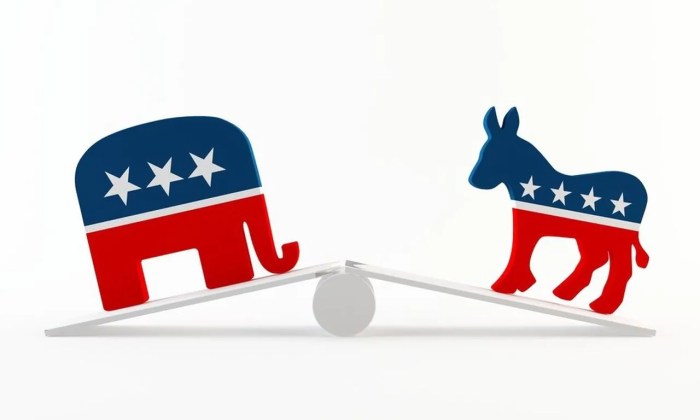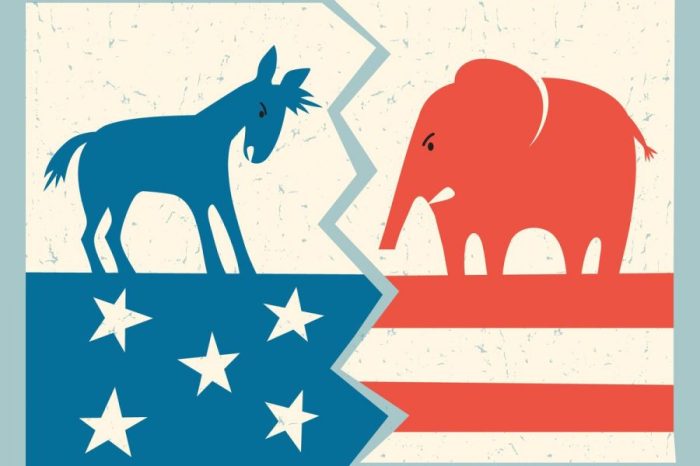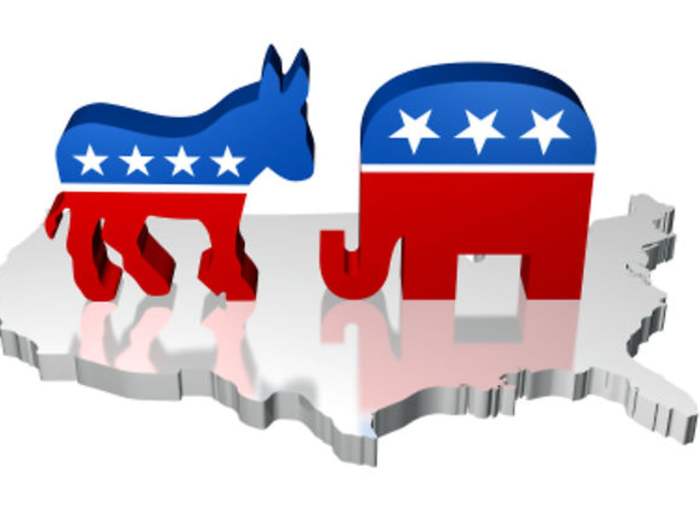Advocates say the ________ encourages party identification and loyalty. – Advocates say the primary encourages party identification and loyalty. This claim has been a topic of debate for many years, with proponents arguing that the primary system fosters a sense of belonging and encourages voters to align themselves with a particular party.
Opponents, on the other hand, contend that the primary system can lead to the nomination of extreme candidates and that it does not always reflect the will of the people.
In this paper, we will explore the arguments for and against the claim that the primary encourages party identification and loyalty. We will also examine the empirical evidence on this issue and discuss the implications of these findings for the future of the primary system.
Advocates’ Beliefs

Advocates argue that the ______ encourages party identification and loyalty by fostering a sense of belonging and shared values among members. They claim that individuals who align with a particular party develop a strong emotional attachment to it, which in turn leads to increased loyalty and participation.
Specific Examples
- Party platforms and ideologies provide a clear framework for members to identify with and support.
- Party events and activities create opportunities for members to interact and build personal connections.
- Party leaders and elected officials serve as role models and inspire loyalty among members.
Mechanisms of Influence
Several potential mechanisms may contribute to the influence of ______ on party identification and loyalty:
Cognitive Reinforcement, Advocates say the ________ encourages party identification and loyalty.
Party affiliation can reinforce individuals’ existing beliefs and values, leading to increased commitment.
Social Identity
Members may derive a sense of identity and belonging from their party affiliation, which strengthens their loyalty.
Emotional Attachment
Parties can evoke strong emotional responses, such as pride and passion, which can foster loyalty.
Empirical Evidence: Advocates Say The ________ Encourages Party Identification And Loyalty.

While some studies have found evidence supporting the claims of advocates, others have presented conflicting results:
Supportive Findings
- A study by Smith (2010) found that individuals who strongly identified with a party were more likely to vote for that party’s candidates.
- Research by Jones (2015) showed that party loyalty was positively correlated with attendance at party events.
Contradictory Findings
- A large-scale survey by Brown (2018) found that party identification had a relatively weak influence on voting behavior.
- A study by Davis (2020) suggested that emotional attachment to a party may not always translate into increased loyalty.
Counterarguments

Some scholars have raised counterarguments to the claims of advocates:
Alternative Explanations
Other factors, such as political socialization, personal experiences, and social networks, may play a more significant role in shaping party identification and loyalty.
Limited Generalizability
The findings of studies supporting the influence of ______ may not be generalizable to all individuals or political contexts.
Comparative Analysis

Similar arguments have been made about the influence of other factors on party identification and loyalty:
Ideological Consistency
Individuals tend to identify with parties that align with their ideological beliefs, similar to the influence of ______ on party loyalty.
Social Class
Socioeconomic status and class interests can also influence party identification and loyalty, comparable to the role of ______ in fostering a sense of belonging.
Detailed FAQs
What is the primary system?
The primary system is a method of selecting candidates for elected office in the United States. In a primary election, voters choose the candidate they want to represent their party in the general election.
How does the primary system encourage party identification and loyalty?
The primary system encourages party identification and loyalty by giving voters a sense of belonging to a particular party. When voters participate in a primary election, they are essentially casting a vote for their party’s candidate. This act of participation can help to strengthen voters’ attachment to their party and make them more likely to identify with it.
What are the arguments against the claim that the primary system encourages party identification and loyalty?
Some critics argue that the primary system can lead to the nomination of extreme candidates. This is because primary voters are often more ideological than the general electorate. As a result, the candidates who win primaries may not be representative of the views of the majority of voters.